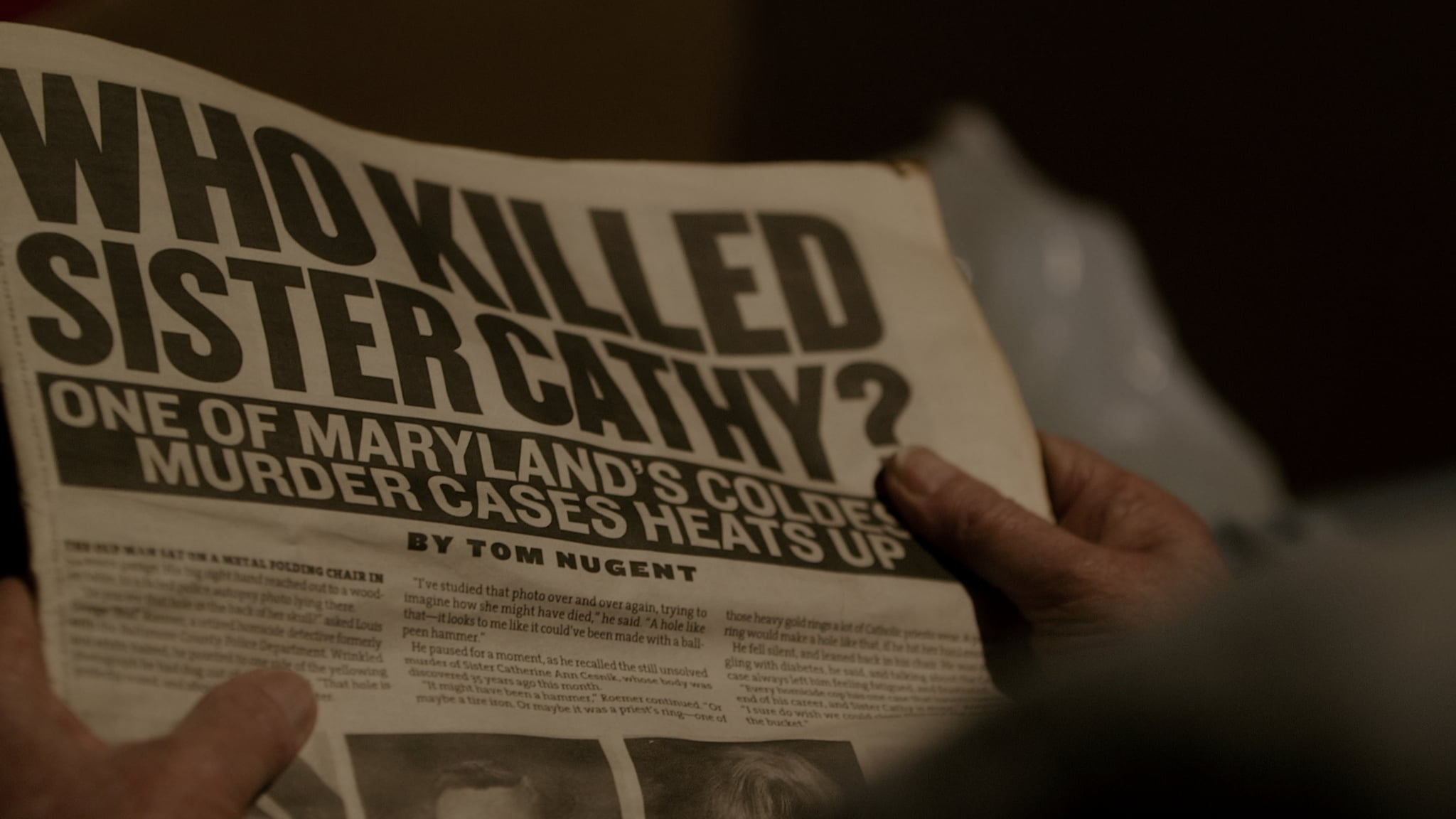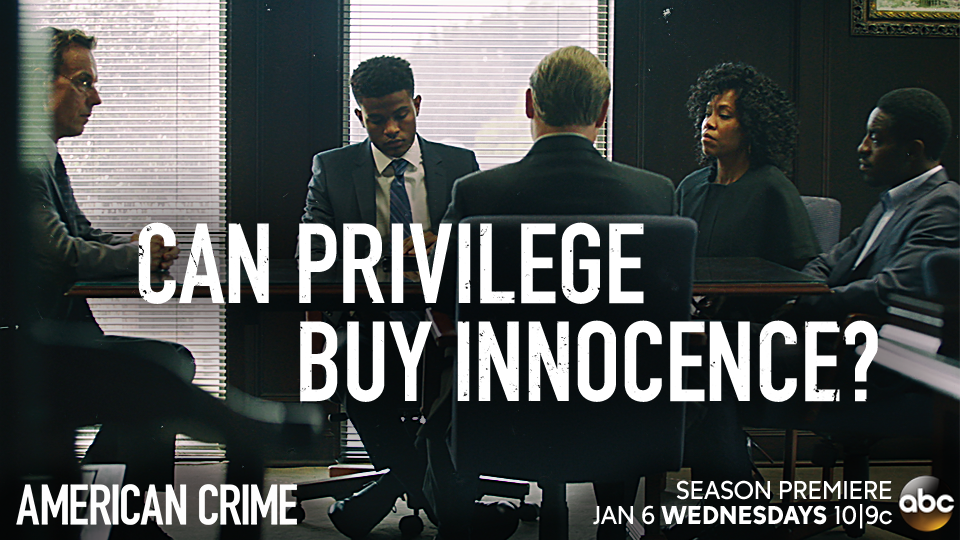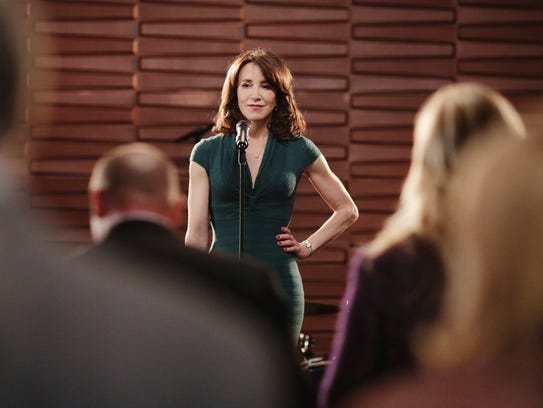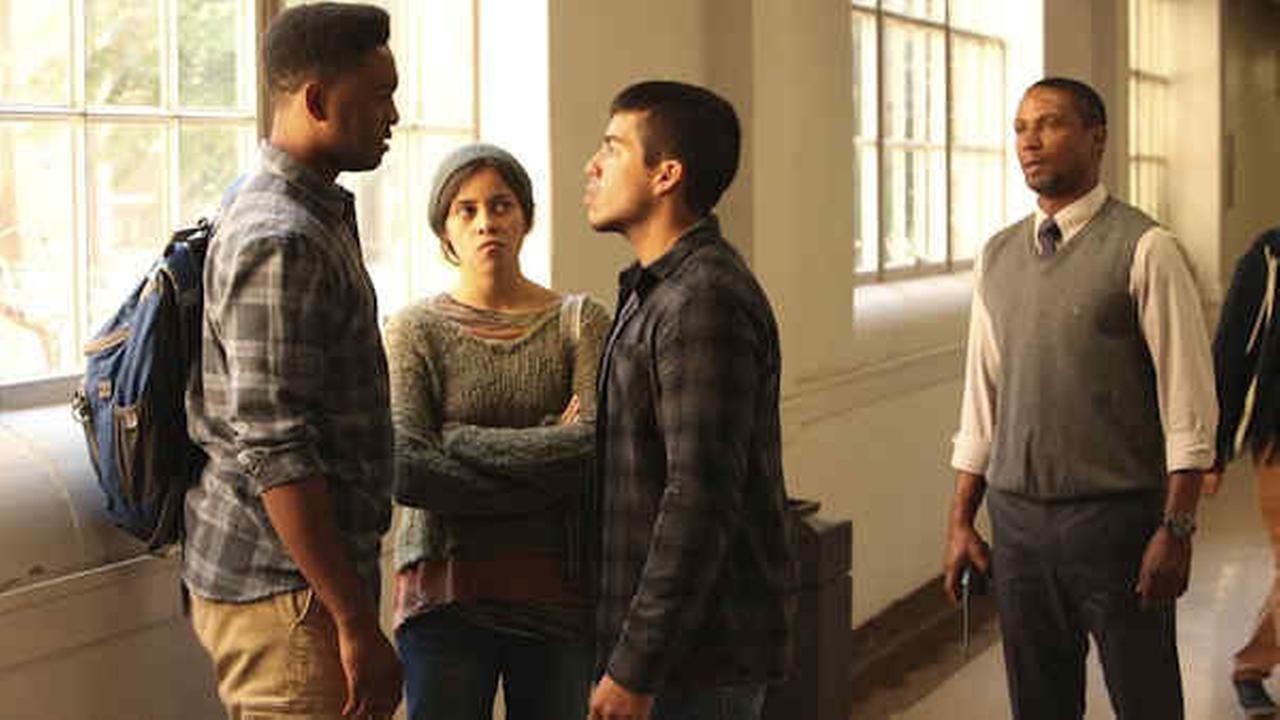Quick, think back to the last true crime mystery that you
watched or read about. Maybe it was Serial
or Making a Murderer or whatever you
happened to see on Investigative Discovery last night or maybe even The People v. O.J. Simpson. Do you
remember the name of the killer (or accused killer)? So long as the story is
still fresh in your mind, I’m betting the likes of Adnan Syed or Steven Avery or
O.J. Simpson are in your head. Now next question – do you remember the names of
the victims?
Sometimes victims become as unintentionally famous as the
people who killed them. Most times they fade into obscurity, unless they become
part of the zeitgeist like Nicole Brown Simpson or Hae Min Lee. But whenever we
watch movies about them or read stories or listen to podcasts, we almost always
lose sight of the victims because we tend to get the story more or less from
the perspective of the killer, accused or otherwise. There’s a practical reason
for this, of course – dead people are notoriously hard to get on the record
whereas accused or convicted killers can be interviewed. That dynamic creates a skewed view on crime
where the victims become cyphers, unable to give us the answers we really want.
So what if you had a crime story where the victim of the
murder could still speak? Answer that question, and you’ve got Netflix’s new
documentary series The Keepers. The
series examines the murder of Sister Cathy Cesnik, a nun and Catholic high
school teacher in Baltimore in 1969. And before you get too checked out, this
is not a story about ghosts or mediums or mistaken identity or any other trickery.
It is, however, about how the victims of a murder (mostly) survived.
 |
| Catholicism, man. Amirite? |
A quick note: It’s hard to have traditional spoilers in a
true crime story, especially one that officially remains unsolved. But The Keepers takes viewers on such an
intense ride that if you prefer to experience the story with all the emotional
twists and turns that the series intends you to experience, you may want to
stop here and go watch the first three episodes before reading any further. The
series is full of revelations and I’m only going to review a few of them
briefly, but if that’s a concern for you consider this your spoiler warning.
Now that that’s taken care of, let’s explore the facts of
the case. In 1969, Sister Cathy Cesnik was a 26-year-old nun living in Baltimore
and working as a teacher. Not that much older than the girls she taught, she
was popular and well-liked. Several of her students, now women in mostly their
late 60s, recount how close they felt to her and inspired by her they were.
Sister Cathy began her teaching at Archbishop Keough High
School, an exclusive all-girls Catholic school. She taught English and Drama
for several years, but despite a strong tenure at Keough, Sister Cathy
nonetheless left the school at the end of the 1968-1969 school year and took a
position at a local public school with another young nun in her order. The two
nuns even opted to live together in an apartment in West Baltimore. The move
was part of an experiment in which nuns would try to live among the world
rather than in cloistered lives.
On the evening of November 7, 1969, Sister Cathy left the
shared apartment and drove in her car a short distance to a shopping center to
buy an engagement present for her sister in Pennsylvania. Along the way, she
cashed a paycheck and stopped off at a local bakery. She left around 8:00pm. When
she hadn’t returned home around midnight, her roommate Sister Russell called a priest
and mutual friend, Rev. Koob who drove to the women’s apartment. At 4:30am, Rev.
Koob discovered Sister Cathy’s car parked illegally less than 100 yards from
the apartment building. The car was dirty and had twigs and debris inside. (In
a weird coincidence, Sister Cathy’s apartment was located near the spot where
Hae Min Lee’s body would be found 30 years later. Stay classy, Baltimore.)
Baltimore Policy conducted a basic search, however they reportedly
didn’t see any evidence of foul play or violence. Sister Cathy would be
officially missing for almost two months until on January 3 when two hunters
discovered her partially-clothed body in remote wooded area not far from her
home. An autopsy revealed that she had likely died due to a skull fracture
caused by a blunt instrument to the back of her head.
From there, the case went cold. It remained largely
inactive for almost 25 years when something happened that began to shed new
light.
 |
| Enter these two jerks |
In 1994, a woman in her 40s came forward to say that she
had attended school at Archbishop Keough during the late 1960s. She alleged
that for three years, from her sophomore year until graduation, she was
routinely, systematically, and sometimes violently raped by a member of
Archbishop Keough’s staff, Father Joseph Maskell, who served as the school’s
counselor. The woman recalled detailed events where Father Maskell would call
her into his private office, demean her as a “whore” and a “slut” and then rape
her, telling her that only by having sex with him could her soul find
forgiveness. What’s more, he routinely arranged for her to be raped by multiple
men at the same time, often in his office with the door locked while he
watched. Some of these men, the woman later learned, were high-ranking city and
police officials.
While the woman’s reports were shocking, what really
grabbed public attention was another detail: the woman claimed that not only
had Sister Cathy known something about these attacks, but that Father Maskell
had taken the woman to see Sister Cathy’s dead body a few days after the nun
went missing. And what’s more, she may not have been the only one exposed to
all this; there could be others.
 |
| Tom Nugent (no relation to Ted), reporter, shows the headline of his 90s era article re-opening the case |
And therein lies the detail that separates The Keepers from other true crime series
that I’ve seen. Unlike most that focus on the accused, The Keepers has access to the victims and investigates the events
surrounding Sister Cathy’s murder and Father Maskell’s alleged conspiracy and
sexual assaults through the eyes of people who were witnesses to them because
it was happening to them too. Sister Cathy is a victim, to be sure, but the
story quickly grows to encompass a number of victims who have spent more than
40 years unable to tell their own stories.
The Keepers is
dense, but immensely watchable. As I binge-watched it with a friend, I turned
to her after one episode and said out loud, “How are there four more episodes
to go? There’s so much information here; how are they going to keep shedding
new light on this story?” And yet, with each episode, the creators do.
This is largely thanks to the access they have not only
to the still living victims of the crimes committed at Keough High School, but
also thanks to the small sorority of women who, nearly 50 years later, are
still dedicated to getting to the bottom of the murder of a teacher they loved
and respected so much. What this means is that the narrative of the series is
almost entirely told through the voices of women, most of them middle-aged or
older. The women in this story have been abused, literally and figuratively, by
a variety of forces and personages and they’re only now getting to tell their
stories. That makes The Keepers a
natural expression of the nascent “Nevertheless, She Persisted” notion.
 |
| Abbie (r) and Gemma (l), the amateur investigators still trying to piece together the crimes. AKA #Heroes. |
As such, the series gives out a measure of justice, but justice
is like Schrodinger’s cat – it both exists and doesn’t exist at the same time.
These women finally get to tell their stories and be believed, but of course
many of the perpetrators of the crimes done to them are long dead, having
escaped whatever worldly justice the law could have meted out to them. There’s
a sense throughout the series that history has already passed much of this story
by, making it even harder to gain any sense of closure about these events. In a
timely, though unrelated event, Keough high school, now officially named Seton
Keough High School, announced last fall that the
school would be closing its doors for good once school lets out this
summer.
Crime and punishment are almost always, by their nature,
reactionary things. It’s in keeping then that the way we’ve talked about both
of those things has been reactionary as well. The Keepers represents an attempt to change that narrative, if only
by looking at those concepts from a different perspective. The results are
fascinating to watch.



















.jpg)

.jpg)


.jpg)
.jpg)
.jpg)




.jpg)



